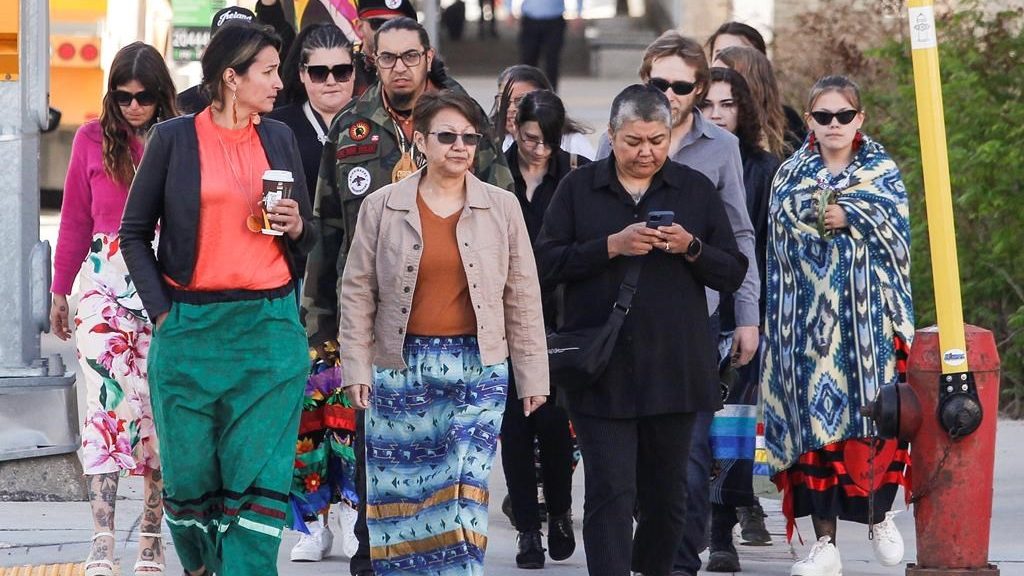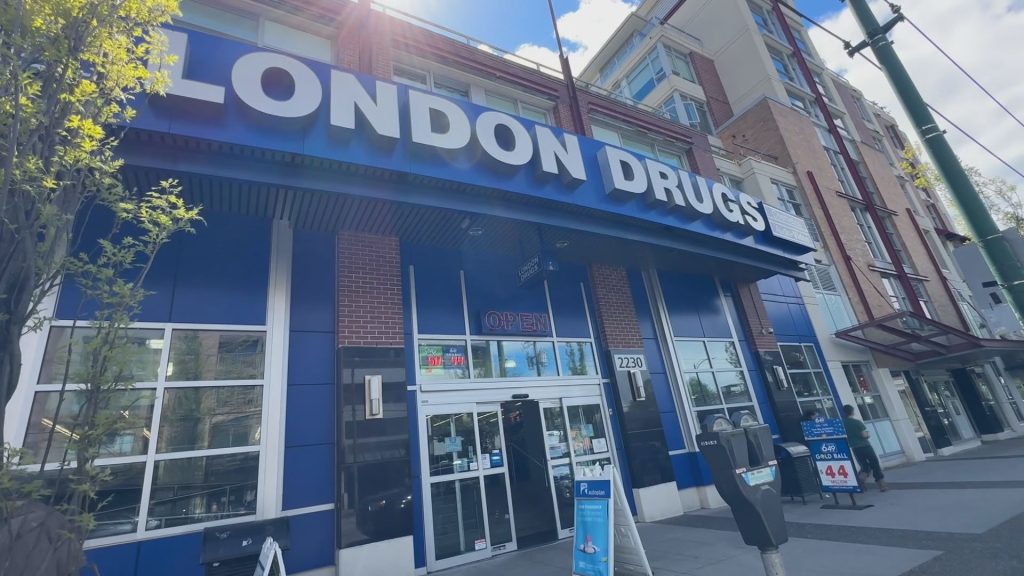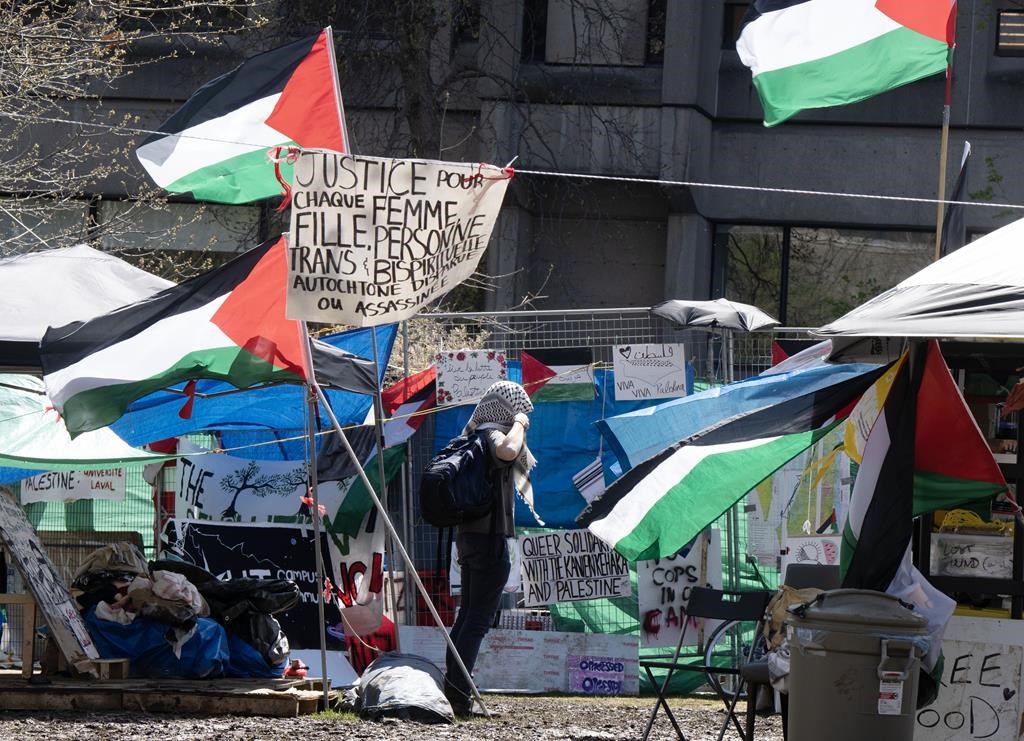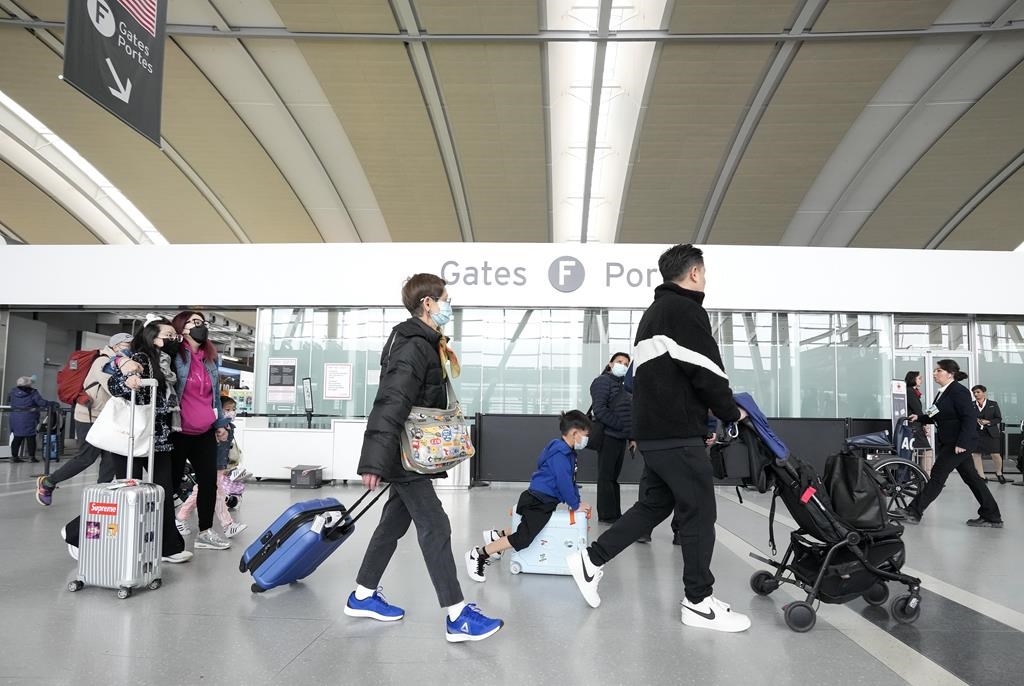More mental health services are needed as police respond to increase of distress call: experts
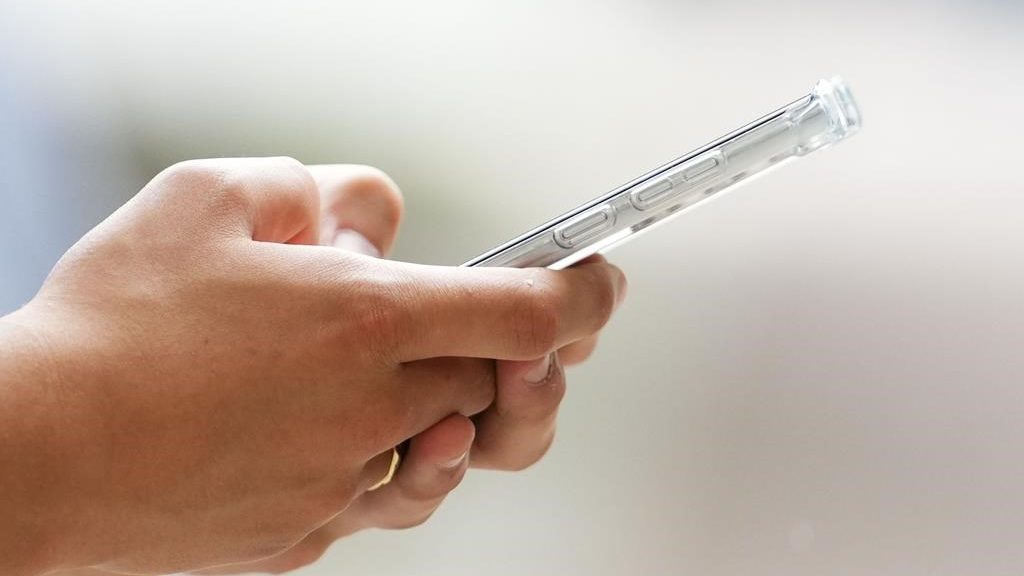
Posted January 5, 2024 4:43 pm.
Last Updated January 6, 2024 10:16 am.
There are growing calls for more support for mental health services as Winnipeg Police say they are responding to a growing number of calls for people in distress.
“It’s very challenging to navigate a mental health and substance-use health system in the absence of coordinated access points,” said Marion Cooper, Chief Executive Officer of the Canadian Mental Health Association.
The WPS responded to an incident in the 200 block of Provencher Boulevard Wednesday around 11 a.m. for a report of an agitated man trying to harm himself.
Police fired a foam bullet and taser at the man, who then was transported to hospital following the incident.
Then on New Year’s Eve, a wellbeing call at an apartment building near the University of Manitoba resulted in the death of 19-year-old Nigerian International student Afolabi Stephen Opaso.
RELATED:
- Man in hospital following officer-involved incident Wednesday afternoon
- 19-year-old student shot by Winnipeg police was having mental-health crisis, lawyer says
- 19-year-old armed with knives fatally shot by police near U of M campus: WPS
“Our members are well-trained by our officer safety unit, it includes a lot of scenario-based training from high-stress decision-making that involves de-escalation and the appropriate levels of force,” said Danny Smyth, Winnipeg Police Chief.
University of Winnipeg Criminal Justice Professor Kelly Gorkoff believes only mental health professionals should attend crisis calls and not the police.
“Police are not trained. Police do what they are trained to do and they’re trained to do exactly what they did,” said Gorkoff.
Currently, the Alternative Response to Citizens in Crisis program sees crisis clinicians paired with police to attend to non-criminal matters, with WPS making the decision on whether a clinician should attend.
“A team approach might be helpful, but letting the mental health professional take the lead,” said Gorkoff.
Advocates say in order to reduce the number of instances where police are encountering people in distress, there needs to be better funding for social services to address underlying problems.
“When it’s 9-1-1 that is activating those resources, then you know those are acute situations. People need to have some confidence that if they don’t reach out to help, those services are going to be available and that those services are not going to require long waits or waiting lists,” said Cooper.
Marion Willis with St. Boniface Street Links says having services outside of Winnipeg’s downtown would make it more accessible for people to access the care they need.
St. Boniface Street Links is set to open a 24/7 safe space at 604 St. Mary’s Road on Monday meant to provide a roof over the heads of Winnipeg’s most vulnerable while also connecting them with the necessary support they need.
“The challenge with many people experiencing a mental health crisis is that they have a really difficult time being around a lot of people. A lot of the normal shelter spaces and other spaces they go provide way too much stimulation for them,” said Willis.
“Having something that is away from the inner-city where they are away from the people that they know is going to be really helpful. It’s going to up the way they really view their personal safety.”
Another idea that has been floated amid the recent police-involved incidents in Winnipeg has been body-worn cameras, something the city is looking to work on.
“The City of Winnipeg will not increase the budget for this purpose. If there are partnerships that we can have with the provincial government in terms of initiating a pilot project, we’re certainly willing to have those conversations,” said Markus Chambers, Chair of the Winnipeg Police Board.
In a statement to CityNews, the province says they won’t be covering the cost of cameras but they are looking to speak with municipalities and law enforcement agencies regarding keeping Manitobans safe.
